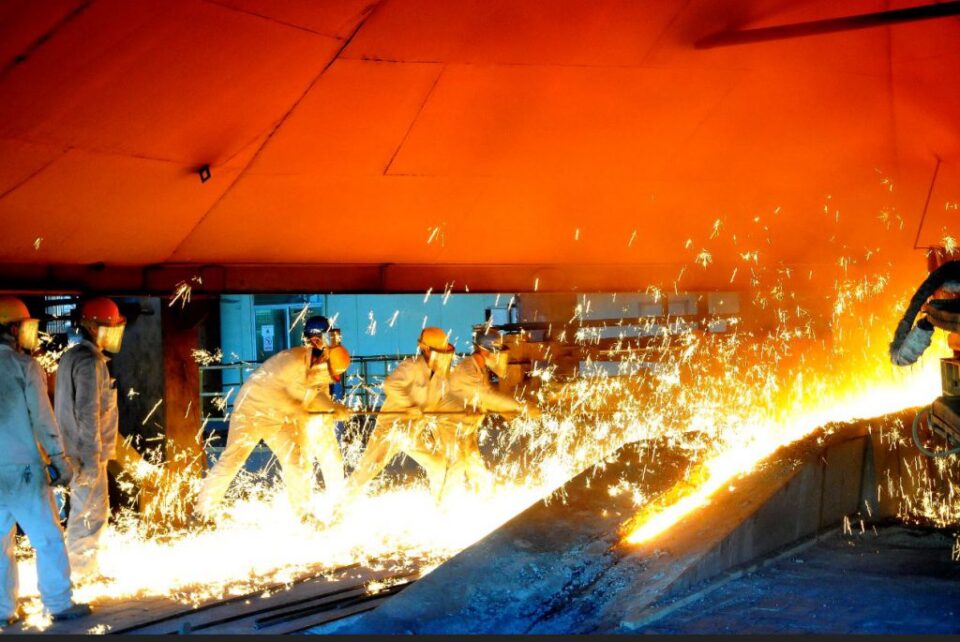Indonesia Considers Slashing Nickel Mining Quotas to Boost Market Prices
Indonesia is contemplating significant reductions in its nickel mining quotas to address falling prices of the battery metal, according to sources familiar with the discussions.
The Energy and Mineral Resources Ministry is reportedly considering lowering the nickel ore mining limit for 2025 to 150 million tons—a steep decline from this year’s 272 million tons. Deliberations are ongoing, and no final decision has been made.
Internal Debate on Economic Impact
While the proposed cuts aim to stabilize nickel prices, the plan faces opposition from the finance and investment ministries due to concerns about reduced tax revenue and potential negative effects on investor confidence in the nickel sector.
A spokesperson for the energy ministry declined to comment. However, the ministry’s director-general of coal and mineral mining recently confirmed plans to curb nickel production to support prices, according to the Jakarta Post.
A Shift in Policy Under New Leadership
If implemented, this move would signify a departure from the strategy of the previous administration, which prioritized expanding domestic smelting capacity. Since taking office in October, President Prabowo Subianto’s government has sought to manage nickel output more carefully to stabilize market dynamics.
Challenges in the Global Nickel Market
Nickel prices, essential for electric vehicle batteries and stainless steel production, plummeted by 45% in 2023 and have remained low due to oversupply and sluggish demand. Indonesia, now responsible for over half of global nickel production, has flooded the market, driving prices down and forcing some producers in other countries to shut operations.
China’s prolonged economic slowdown, as the world’s largest consumer of metals, has further dampened demand. Even Indonesian smelters, many of which are Chinese-owned, have struggled with tight local ore supplies and high raw material costs, squeezing their profit margins.
Implications for the Industry
A reduction in mining quotas could exacerbate these challenges, compelling smelters to increase imports from countries like the Philippines. Indonesian imports of nickel ore from its Southeast Asian neighbor reached record highs in 2024 as smelters grappled with local shortages.
Preserving Dwindling Resources
The government’s move may also reflect efforts to conserve Indonesia’s diminishing nickel reserves. The average ore grade has declined significantly in recent years, highlighting the strain caused by rapid, unconstrained mining growth.
If the proposed cuts are approved, they could reshape Indonesia’s nickel industry, balancing short-term price recovery with long-term resource management and economic stability.


